Celebrity nutritionist Rujuta Diweakar says that almost everyone, including diabetes and heart patients, can have rice.
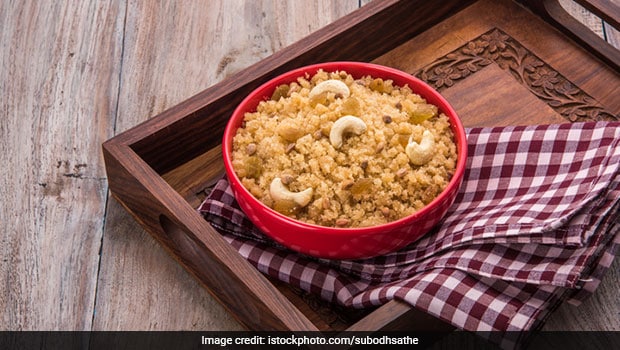
Rice can help in keeping your gut strong
HIGHLIGHTS
- Have a gap of at least 2-3 hours between bed time and dinner
- Indians eat dal, rice and ghee in a way that the glycemic index is low
- Rice can improve quality of sleep
Nutritionists and dieticians recommend refraining from rice because of its carb content. This is usually for people who are on a weight loss expedition and want to cut on any source of carbs and fat that can come in their way of losing extra fat on the body. But Rujuta Diwekar suggests the contrary. Like always, our very own celebrity nutritionist has surprised us with a revelation that can actually be life-changing for all of us who want to live a fit and healthy lifestyle.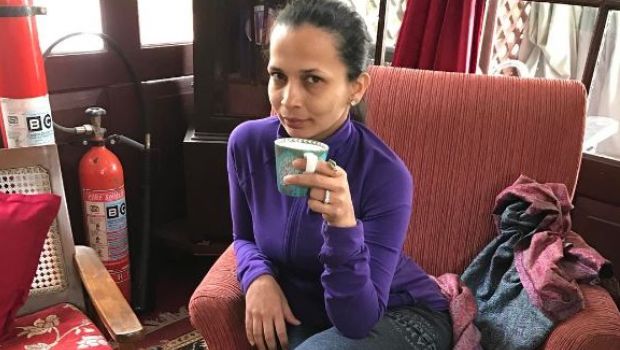
Photo Credit: NDTV Food
In her latest guideline as part of her Fitness Project 2018, she suggests eating dal rice for dinner. Shocking, isn't it?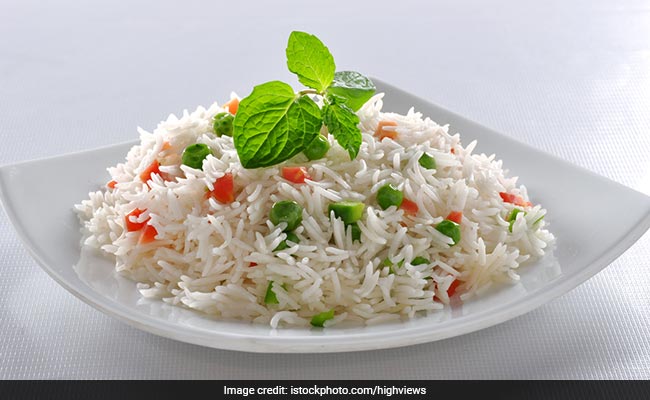
Photo Credit: iStock
According to Rujuta, eating dal rice can help in stabilising our heart, blood sugar and our thoughts as well.
Also read: Brown Rice Vs White Rice: Which One Should You Have For Max Health Benefits
Not only are rice easy to digest, they are also helpful in improving the quality of our sleep. Rice help in increasing sensitivity of leptin - a produced by fatty tissue which regulates fat storage in the body.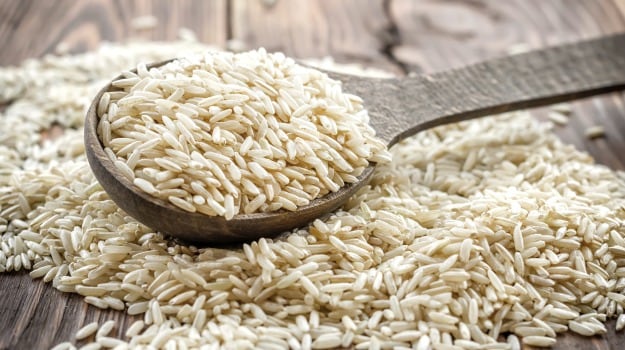
Photo Credit: NDTV Food
Furthermore, Rujuta says that rice is a prebiotic - food for probiotic. This means that rice can help in keeping your gut strong and helps in getting rid of constipation. What's even more tempting is that rice is suitable for all kinds of constitutions or doshas, i.e. vata, pitta and kapha.
Also read: Rice Vs Chapatti: Which Is Healthier For Weight Loss?
Rice contains brain chain amino acids or BCAA, which have a sparing effect on muscles. This means that your workouts will show faster results by the consumption of rice.
Speaking on some of the hidden nutrients in rice, Rujuta says that rice has methionine, Vitamin B1 and resistant starch.
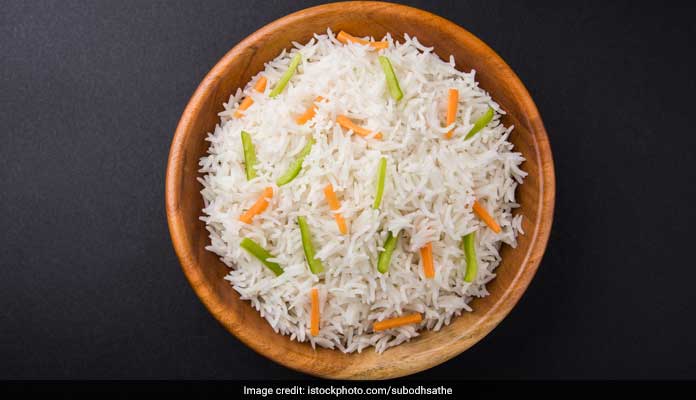
Photo Credit: iStock
Methionine is a kind of amino acid which contains sulphur. It helps in preventing skin tone damage with the help of free radicals. It also detoxifies the liver and slows the pace of aging. It improves the condition of hair and skin by reducing incidence of greying and wrinkles.
Vitamin B1, on the other hand is good for nerves and heart. It helps in reducing bloating and inflammation.
Also read: Did You Know How Many Calories Rice Has?
According to Rujuta, you can increase this nutrient quality of rice by soaking them for some time before cooking it.
Lastly, the resistant starch in rice is a molecule that gets fermented in large intestines. Rujuta says that this can help in keeping risks of cancer at bay, improving the profile of lipids and also inhibits the growth of bad bacteria.
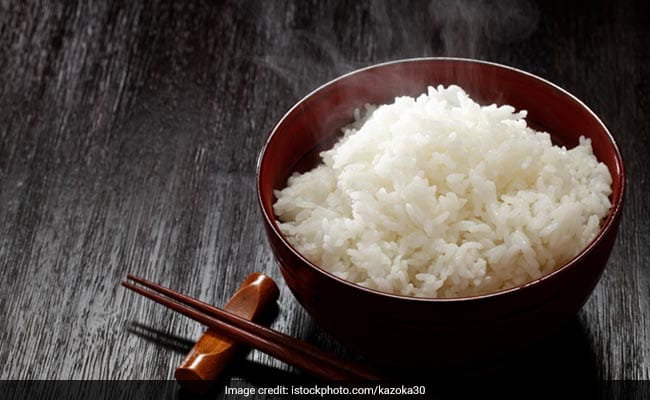
Photo Credit: iStock
Then comes the very crucial and controversial question of who can eat rice? Can obese people eat it? Or is it suitable for people who are old, or children?
Rujuta clarifies by saying that rice are "perfectly fine" for people suffering from diabetes, heart ailments or any other kind of diseases. Pregnant women, young people, old people, people who are generally active or live a sedentary lifestyle, people who are thin or obese - all can eat rice. She says that in the pattern in which Indians eat dal, rice and ghee, it ensures that the meal has low glycemic index and the response of blood sugar is also steady.
But the thing to be kept in mind is to have a gap of at least 2-3 hours between bed time and dinner.
So go ahead and have dal rice, guilt-free!
Disclaimer: This content including advice provides generic information only. It is in no way a substitute for qualified medical opinion. Always consult a specialist or your own doctor for more information. NDTV does not claim responsibility for this information.
DoctorNDTV is the one stop site for all your health needs providing the most credible health information, health news and tips with expert advice on healthy living, diet plans, informative videos etc. You can get the most relevant and accurate info you need about health problems like diabetes, cancer, pregnancy, HIV and AIDS, weight loss and many other lifestyle diseases. We have a panel of over 350 experts who help us develop content by giving their valuable inputs and bringing to us the latest in the world of healthcare.














